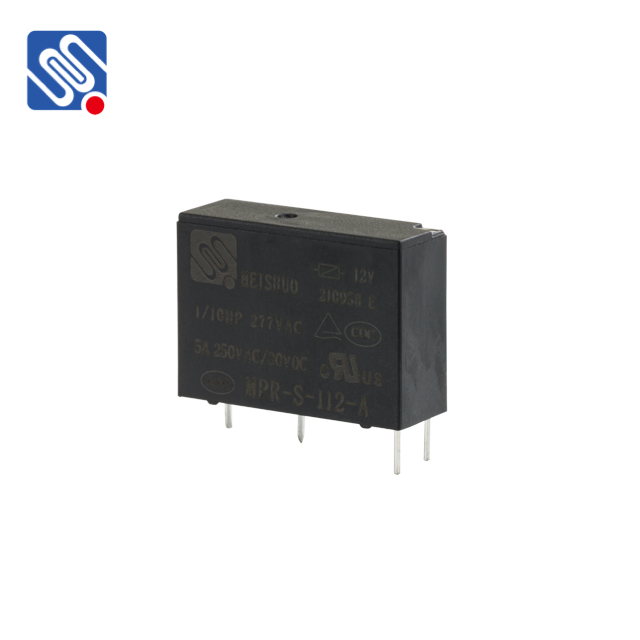understanding relay stability in electrical systems: the role of meishuo
Release time:2025-07-18 10:59:37
Relay stability is a critical aspect of electrical systems that ensures the protection and reliability of electrical circuits. A relay, essentially an automatic switch, plays a vital role in detecting faults and providing necessary isolation by disconnecting malfunctioning parts of a system. Relay stability, in this context, refers to the relay's ability to respond accurately to a fault without malfunctioning or causing unnecessary interruptions. Among the various methods for improving relay stability, Meishuo technology has emerged as a powerful tool for enhancing the accuracy and efficiency of relays in modern electrical networks.

Relay stability issues often arise when a relay mistakenly operates during normal conditions or fails to operate during actual fault situations. This problem can lead to unnecessary shutdowns or, worse, the failure to isolate a fault, both of which can cause severe damage to equipment and threaten the safety of operators. One of the key factors influencing relay stability is the relay's ability to differentiate between normal system conditions and fault conditions. It must be able to respond promptly when a fault occurs but avoid tripping during temporary fluctuations or minor disturbances.

